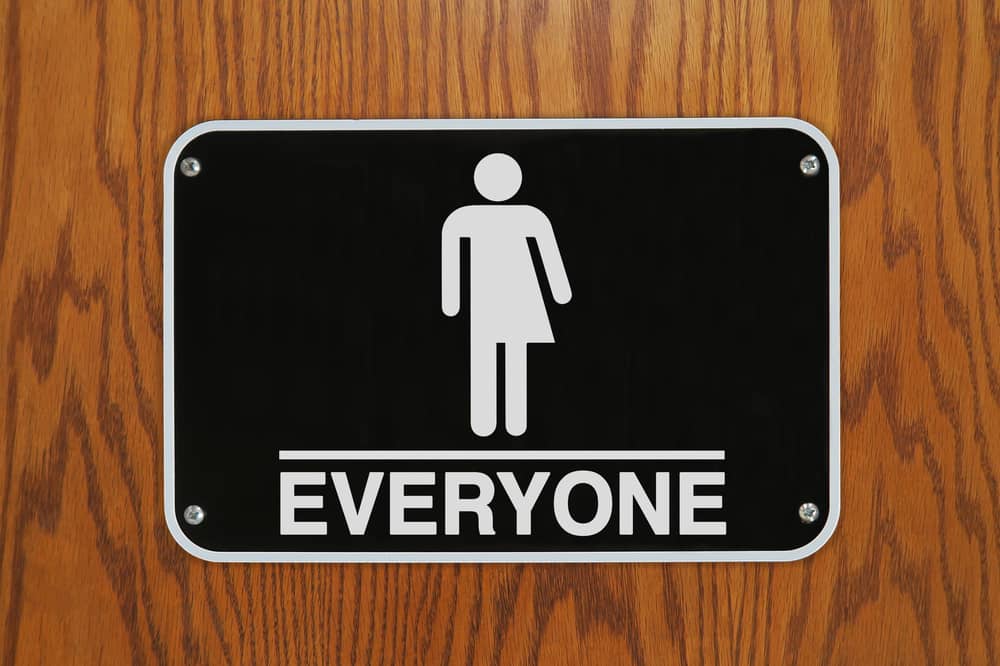Last week, the Tokyo Metropolitan Government announced that they would be including transgender-friendly unisex toilets in their building plans for the Tokyo 2020 Olympic and Paralympic Games.
As reported in the Asahi Shimbun last week, seven of the 11 new structures that the Tokyo Metropolitan Government is putting up for the Games will definitely have the new toilets, while the remaining four locations are under consideration.
Toilets designed to be used by everyone, known as daredemo toire (“everyone’s toilets”), are already common in Japan, but these large, unisex designs have been constructed with disabled and wheelchair users in mind. These new designs will be smaller, but have enough room for a disabled user and someone helping them. In addition to helping cut down the size of lines during busy periods, they are also intended to be used freely by transgender people who might feel uncomfortable using a bathroom intended for males or females.
According to research conducted by LGBT organization Nijiiro Diversity and Japanese appliance manufacturer Lixil, a significant number of transgender people surveyed said that they received suspicious looks from people when using the bathroom of their choice, and about 20 percent had been told not to use the daredemo toire because they were meant to be used by those with disabilities.
As quoted in the Asahi Shimbun, Maki Muraki, head of Nijiiro Diversity, said, “Along with the effort to increase the number of public toilets, to raise people’s awareness that those who do not look like a typical man or woman can use a toilet as a matter of course is also important.”
Recent legal battles over transgender people’s right to use the bathrooms of their choosing have raised tempers and ruffled feathers in the US, but Japan has already taken an advanced position on the matter. Mashable cites a 2015 Japan Times article that reports that the Japanese education ministry issued a notice that required local school boards to allow transgender students to attend school in the uniform that they felt most comfortable wearing, and that students should also be permitted to use the locker room of their own choosing.
The country has also been making strides to give legal standing to same-sex couples, and as our conversation last year with some members of Tokyo’s LGBT community indicated, visibility and pride are going hand in hand.
Historically, Japan is also no stranger to transgenderism: kabuki, where men play both male and female roles, and the Takarazuka Revue, an all-female performing group that features women playing characters of both sexes, are well recognized cultural institutions, while television personalities like Matsuko Deluxe can be seen in major advertising campaigns.









